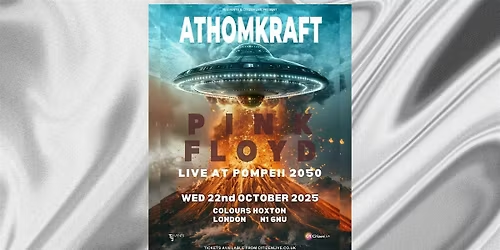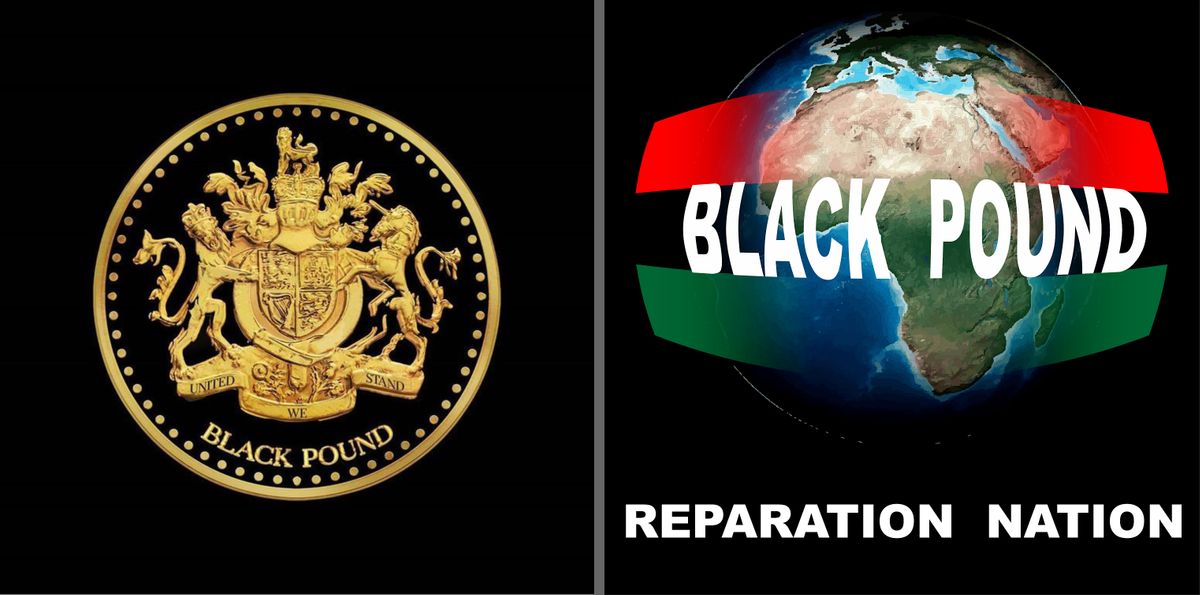JOHN CANOE - RACE WAR GUNS -TAKING UP ARMS TO DEFEND BRITISH VALUES
Schedule
Sun, 21 Jul, 2024 at 02:00 pm to Sun, 09 Nov, 2025 at 05:00 pm
UTC+01:00Location
Speakers' Corner | London, EN
 JOHN CANOE - RACE WAR GUNS -TAKING UP ARMS TO DEFEND BRITISH VALUES. UK RACE AND ETHNICITY CODES TO DELIVER REPARATORY JUSTICE
JOHN CANOE - RACE WAR GUNS -TAKING UP ARMS TO DEFEND BRITISH VALUES. UK RACE AND ETHNICITY CODES TO DELIVER REPARATORY JUSTICEAbout this Event
ADEJA Weekly Discussion Meetings: The Quest for Reparatory Justice
Introduction
The African Diaspora Equity and Justice Alliance (ADEJA) has become a vital platform for discussing reparatory justice for Black and Mixed-Black individuals worldwide. The alliance leverages the mythical figure of John Canoe, also known as Junkanoo, the Reparation Fascist, as an international legal personality to spearhead this mission. This article delves into the heated discussions and debates surrounding ADEJA’s initiatives, focusing on the idea of John Canoe taking up arms and joining the UK military to advance their cause. We will also explore the historical and socio-political context of these discussions, the significance of race and ethnicity in the UK, and the potential impact on national security.
John Canoe/Junkanoo: The Reparation Fascist
John Canoe, or Junkanoo, is a mythical character deeply rooted in African and Caribbean folklore. Historically, John Canoe was a figure who represented resistance against colonial oppression during festive masquerades. In ADEJA's narrative, John Canoe is reimagined as the Reparation Fascist, a symbolic leader advocating for reparatory justice. A Reparation Fascist, in this context, refers to an unwavering proponent of reparations, who employs robust and, at times, militant strategies to achieve justice for those classified as Black and Mixed-Black.
ADEJA’s Mission and International Legal Personality
ADEJA aims to establish a Black African Autonomous Entity for Empowerment and Reparatory Justice by 9 November 2025 (9/11). This entity will process reparatory claims on an evidence-based basis, striving to rectify historical injustices faced by Black and Mixed-Black communities. ADEJA plans to use the UK race and ethnicity codes, combined with the racial map designed by John Canoe, to clarify identity for reparatory justice delivery.
The Debate: Should John Canoe Take Up Arms?
ADEJA's weekly discussions in London are marked by fervent debates on whether John Canoe should join the UK military and take up arms. Two primary groups, Group A and Group B, represent the opposing viewpoints.
Group A: Advocating for Militarization
Group A believes that John Canoe should take up arms and join the UK military to fight for British racial and ethnic values. They argue that many in Britain still hold the values that led to the abolition of the slave trade and the support of Zionism for a Jewish homeland. They contend that a militarized approach could accelerate the recognition and establishment of an international legal personality for reparatory justice.
British Military Efforts for Abolition
Historically, the British military played a significant role in abolishing the transatlantic slave trade. The Royal Navy’s West Africa Squadron was instrumental in intercepting and capturing slave ships, significantly reducing the number of enslaved Africans being transported across the Atlantic. This military intervention was a clear demonstration of Britain's commitment to ending slavery and promoting human rights.
British Military Efforts for Zionism
Similarly, the British military's support for Zionism was evident during World War I. The Balfour Declaration of 1917, which expressed British support for a Jewish homeland in Palestine, was backed by military efforts during the British Mandate period. These efforts laid the groundwork for the establishment of Israel in 1948.
Group B: Opposing Militarization
Group B argues that John Canoe should not take up arms until the UK Government explicitly supports the establishment of an international legal personality for reparatory justice. They emphasize the historical mistreatment of Black soldiers, such as those who fought in the American Civil War, only to face continued discrimination and poor race relations afterward.
British Military and Black People’s Poor Race Relations
The history of Black people in the British military is fraught with challenges. Despite their contributions during both World Wars, Black soldiers often faced segregation, discrimination, and limited opportunities for advancement. This historical context fuels Group B's skepticism about militarization as a strategy for achieving reparatory justice.
The Role of ADEJA
Understanding ADEJA
The African Diaspora Equity and Justice Alliance (ADEJA) is a movement financed by Reparation Nation Limited. ADEJA’s mission is to advance the well-being, empowerment, unity, and pursuit of reparatory justice for Black Africans and the Mixed-Black diaspora. ADEJA uses the British Police IC codes for racial and ethnic classification to ensure clarity and consistency in its operations.
International Legal Personality
An international legal personality refers to an entity recognized by international law as having rights and obligations. For ADEJA, establishing John Canoe as an international legal personality means creating a legitimate and authoritative figure to advocate for reparatory justice on a global scale.
Mythical Character and History of John Canoe/Junkanoo
John Canoe, or Junkanoo, is a mythical figure whose origins lie in West African and Caribbean folklore. Traditionally, John Canoe was celebrated during festive masquerades, symbolizing resistance and resilience against colonial rule. ADEJA has reimagined John Canoe as a modern-day leader for reparatory justice, embodying the spirit of resistance and empowerment.
UK Protected Characteristics
The UK Protected Characteristics, as defined by the Equality Act 2010, include age, disability, gender reassignment, marriage and civil partnership, pregnancy and maternity, race, religion or belief, sex, and sexual orientation. ADEJA emphasizes the importance of race and ethnicity as Protected Characteristics to effectively identify and deliver reparatory justice to Black and Mixed-Black individuals.
Race and National Security
ADEJA argues that any attempt to dismantle race as a Protected Characteristic poses a threat to UK national security. They contend that race and ethnicity are crucial for social cohesion, understanding demographic trends, and addressing systemic inequalities. By maintaining these classifications, the UK can better safeguard its diverse population and promote social stability.
John Canoe/Junkanoo as a Leader for Reparatory Justice
ADEJA posits that John Canoe, the Reparation Fascist, is an ideal character for leading the charge for reparatory justice. His historical significance as a symbol of resistance and his reimagined role as a modern advocate provide a strong foundation for an international legal personality. John Canoe’s association with the UK race and ethnicity codes further strengthens his legitimacy in this role.
The John Canoe Race Map and Chart
The John Canoe race map and chart classify individuals based on perceived racial characteristics using the British Police IC codes. This system aims to provide a clear and consistent framework for identifying individuals for reparatory justice. By aligning this classification with UK government standards, ADEJA seeks to ensure accuracy and legitimacy in its claims.
Group A’s Argument for Militarization
Pros:
- Accelerated Recognition: Joining the UK military could expedite the recognition of John Canoe as an international legal personality.
- Historical Precedent: The British military’s efforts in abolition and Zionism demonstrate the potential for military involvement in achieving social justice.
- National Security: Militarization could enhance national security by promoting social cohesion and addressing historical injustices.
Cons:
- Risk of Further Discrimination: Black soldiers have historically faced discrimination, which could undermine the movement’s goals.
- Public Perception: Militarization might be perceived as aggressive, potentially alienating allies and supporters.
- Dependence on Government Support: Relying on military involvement requires explicit government backing, which may not be forthcoming.
Group B’s Argument Against Militarization
Pros:
- Historical Awareness: Recognizing the historical mistreatment of Black soldiers underscores the need for cautious and strategic approaches.
- Focus on Advocacy: Prioritizing advocacy and diplomatic efforts can build broader support for reparatory justice.
- Avoiding Aggression: A non-militarized approach reduces the risk of being perceived as aggressive or militant.
Cons:
- Slower Progress: Without military involvement, achieving recognition and reparatory justice might take longer.
- Limited Leverage: Lacking military backing, the movement might have less leverage in negotiations with governments and international bodies.
- Dependence on Government Action: Progress depends on the willingness of governments to support the establishment of an international legal personality.
Conclusion
The ADEJA weekly discussion meetings in London highlight the complexities and passionate debates surrounding the quest for reparatory justice. The reimagining of John Canoe/Junkanoo as the Reparation Fascist symbolizes both the historical struggle and the modern-day fight for justice. While the debate on militarization remains contentious, it underscores the broader challenge of achieving reparatory justice in a world still grappling with the legacies of colonialism and racial discrimination.
By leveraging the UK race and ethnicity codes and the historical significance of John Canoe, ADEJA aims to establish a robust framework for delivering reparatory justice to Black and Mixed-Black individuals worldwide. As the movement approaches its target date of 9 November 2025, the ongoing discussions will shape its strategies and influence its path toward achieving its ambitious goals.
British Military Efforts for Abolition and Zionism: A Deeper Look
British Military Efforts for Abolition
The British military’s role in the abolition of the slave trade was pivotal. The Royal Navy’s West Africa Squadron, established in 1808, was tasked with patrolling the African coast to intercept and capture slave ships. This squadron was instrumental in enforcing the abolition of the transatlantic slave trade, rescuing tens of thousands of enslaved Africans and significantly reducing the number of ships transporting slaves.
The abolition of the slave trade was not only a moral and humanitarian effort but also a military and political one. The British government committed substantial resources to support the West Africa Squadron, reflecting the nation’s dedication to ending the inhumane practice. This historical precedent highlights the potential for military involvement in advancing social justice causes.
British Military Efforts for Zionism
During World War I, the British military played a significant role in supporting the Zionist movement. The Balfour Declaration of 1917, which expressed the British government’s support for a Jewish homeland in Palestine, was followed by military actions that facilitated the establishment of the British Mandate in Palestine. This period saw significant military and political efforts to create a conducive environment for Jewish immigration and settlement.
The British military’s support for Zionism illustrates how military power can be leveraged to achieve political and social goals. This historical context is relevant to ADEJA’s discussions on whether John Canoe should join the UK military to advance the cause of reparatory justice.
British Military and Black People’s Poor Race Relations: Historical Context
Despite the British military’s role in abolition and other humanitarian efforts, the history of Black people in the military is marked by discrimination and segregation. During both World Wars, Black soldiers from the British colonies faced racial prejudice and limited opportunities for advancement. They were often segregated into separate units and given menial tasks, reflecting the pervasive racial attitudes of the time.
This history of poor race relations within the British military fuels Group B’s argument against militarization. The experiences of Black soldiers who fought for their country, only to face continued discrimination, serve as a cautionary tale for those advocating for a militarized approach to reparatory justice.
ADEJA’s Structure and Operations
Reparation Assets
ADEJA categorizes reparations into tradeable and non-tradeable assets. Tradeable assets include financial resources and commodities, while non-tradeable assets encompass cultural items of significance. This dual categorization aims to address both economic and cultural dimensions of reparatory justice.
Member Entities and Evidence-Based Claims
ADEJA serves as a clearinghouse for entities classified as IC3 Black or part IC3 Black. The alliance processes reparatory claims on an evidence-based basis, ensuring that each claim is substantiated with credible evidence. This approach enhances the legitimacy and effectiveness of ADEJA’s reparatory justice initiatives.
Reparation Shares and Black Social Credit System
ADEJA introduces the concept of reparation shares, which allocate reparations based on the percentage of Black heritage. This system aims to quantify Blackness as an asset class, providing a structured approach to reparatory justice. Additionally, ADEJA’s Black Social Credit system evaluates individuals based on their contributions to Black betterment, promoting unity and empowerment within the Black community.
UK Protected Characteristics and National Security
ADEJA emphasizes the importance of race and ethnicity as Protected Characteristics under the UK Equality Act 2010. These classifications are crucial for identifying and addressing systemic inequalities, promoting social cohesion, and ensuring national security. ADEJA argues that dismantling race as a Protected Characteristic would undermine efforts to achieve reparatory justice and pose a threat to national security.
Conclusion: The Path Forward
The discussions and debates within ADEJA underscore the complexities of achieving reparatory justice for Black and Mixed-Black individuals. The reimagining of John Canoe as a Reparation Fascist symbolizes both the historical struggle for justice and the modern-day fight against systemic inequalities.
As ADEJA moves towards its target date of 9 November 2025, the path forward will be shaped by ongoing discussions, strategic decisions, and the broader socio-political context. Whether through militarization or advocacy, ADEJA remains committed to its mission of advancing reparatory justice and empowering Black and Mixed-Black communities worldwide. The ultimate goal is to establish a robust framework that addresses historical injustices, fosters international collaboration, and paves the way for shared prosperity and empowerment.
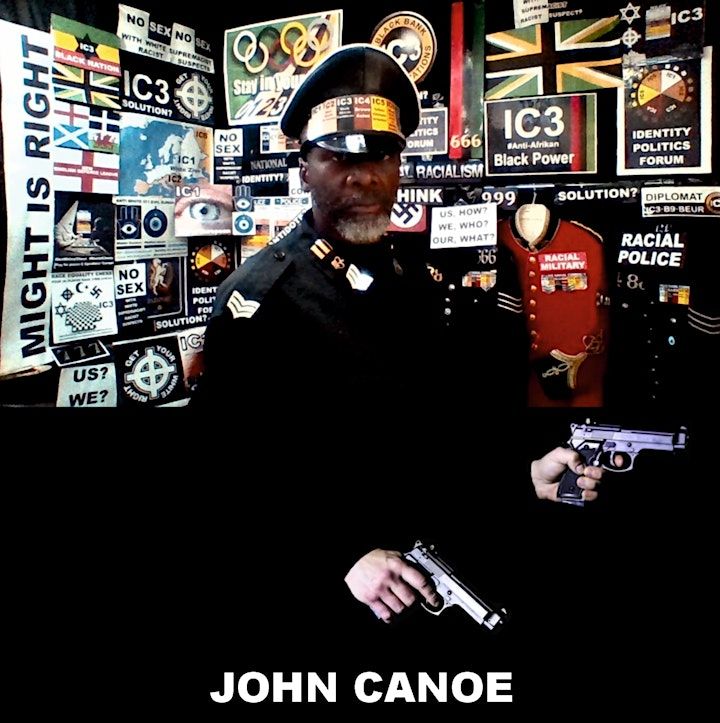


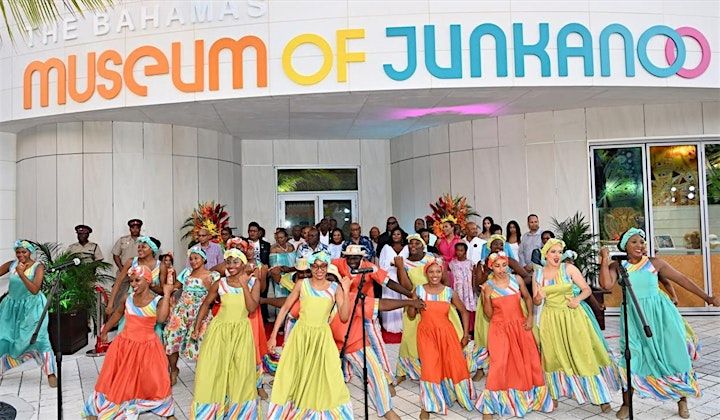
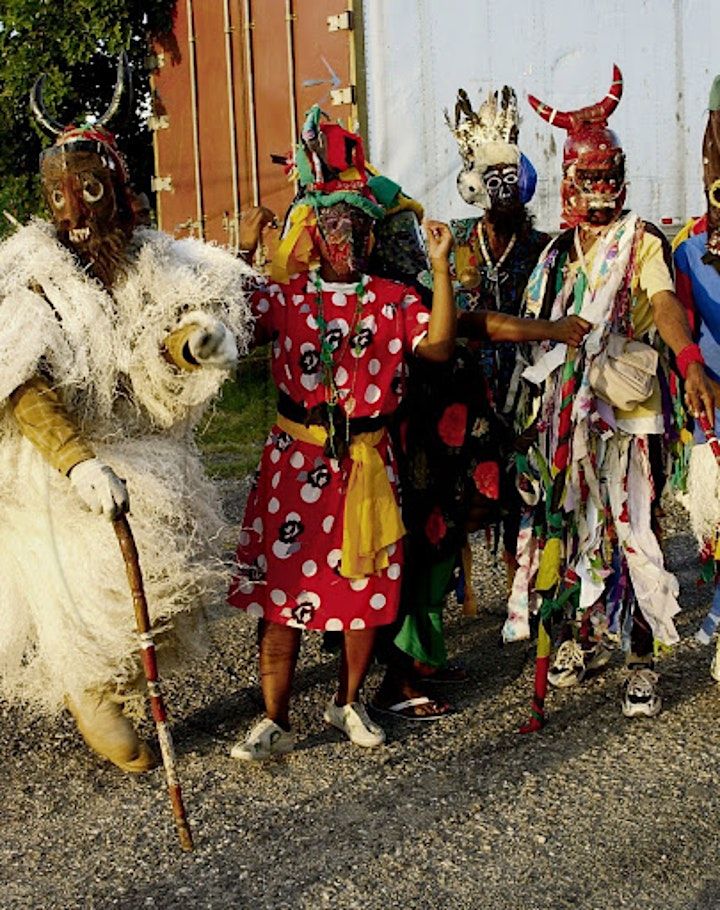
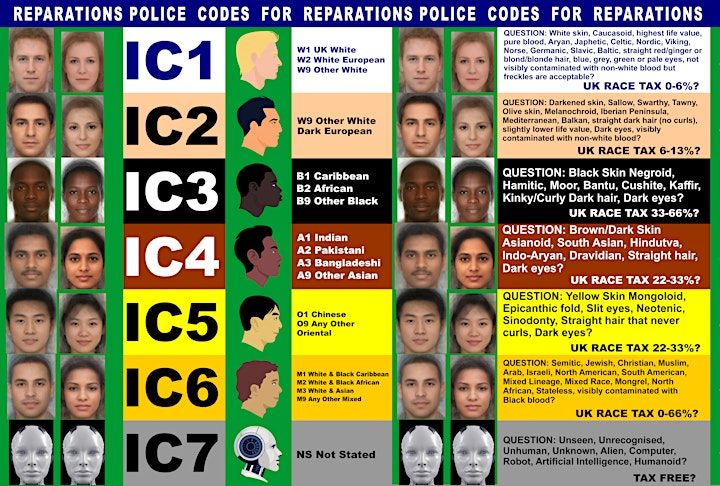
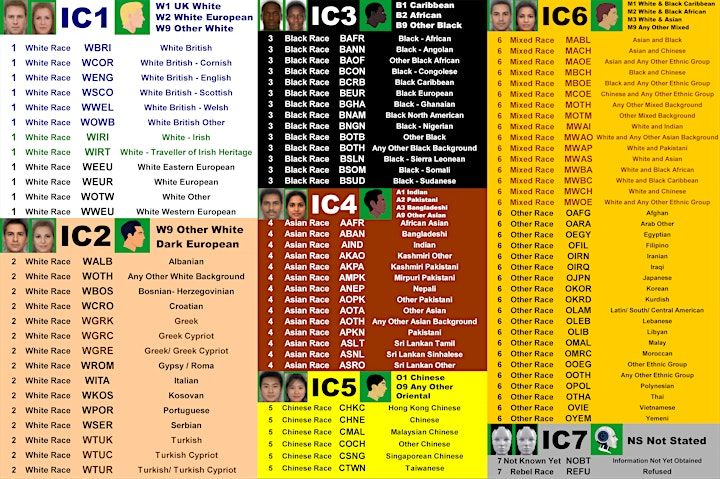
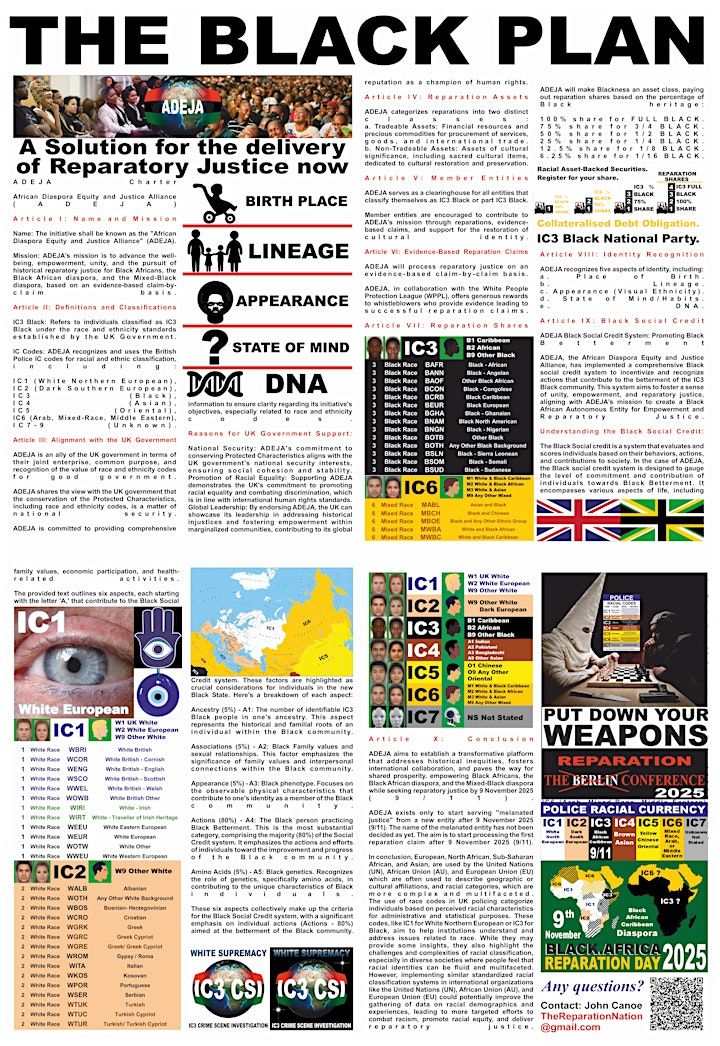
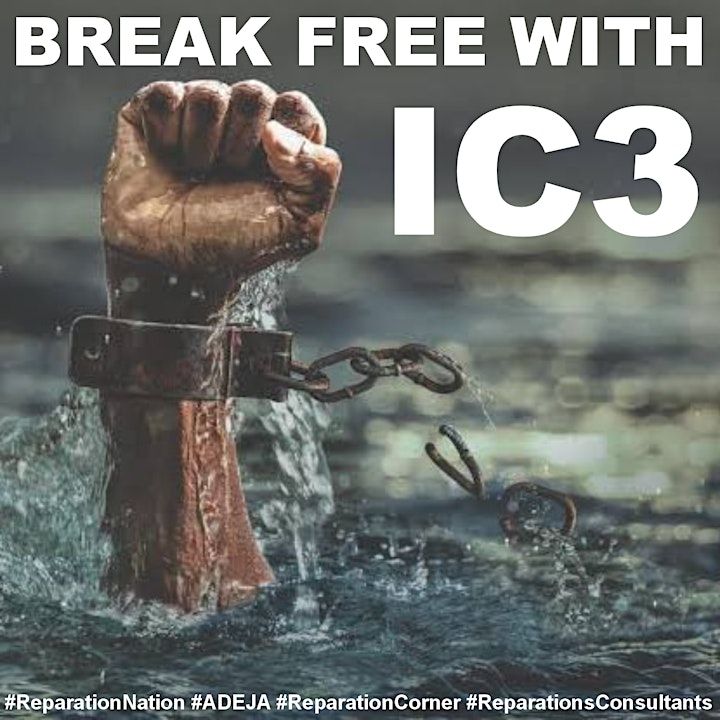
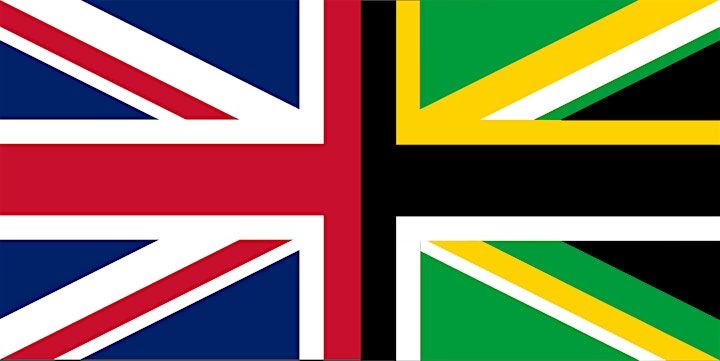
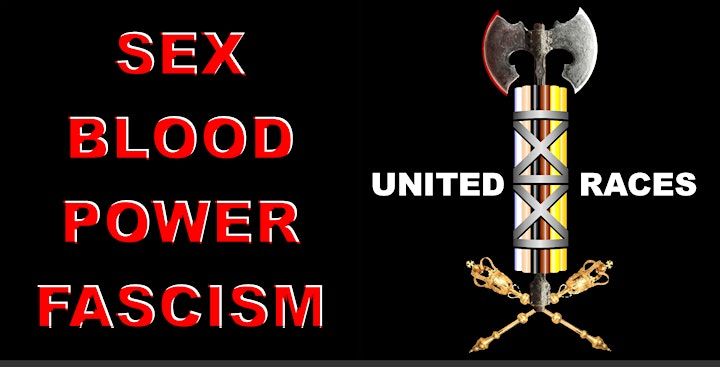
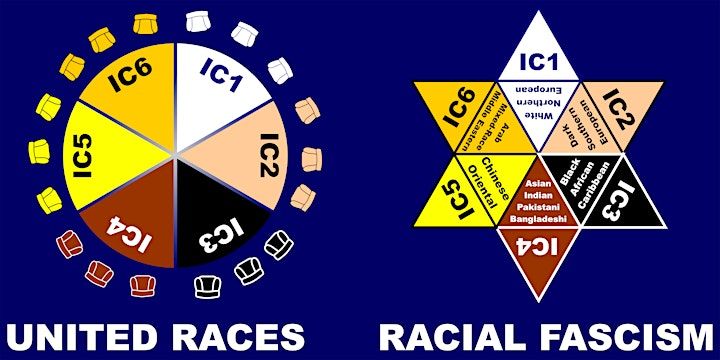
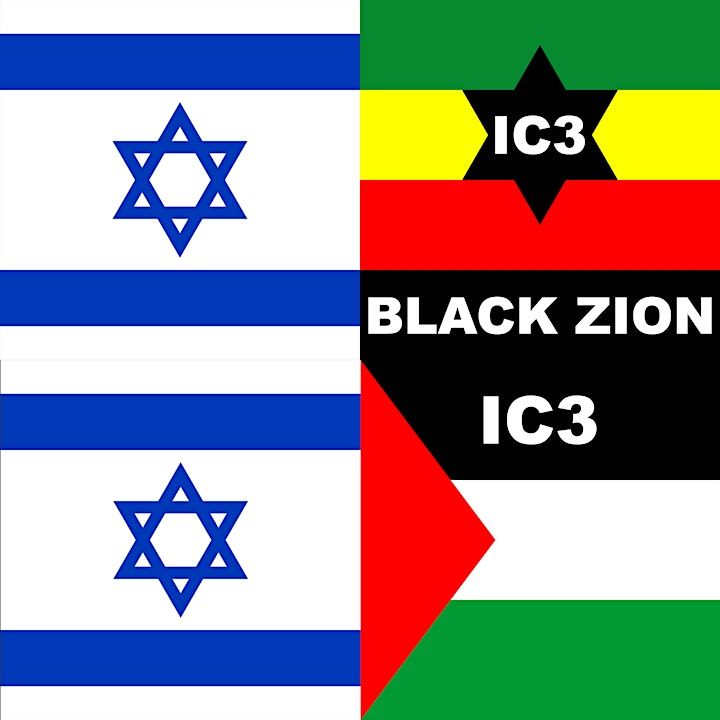
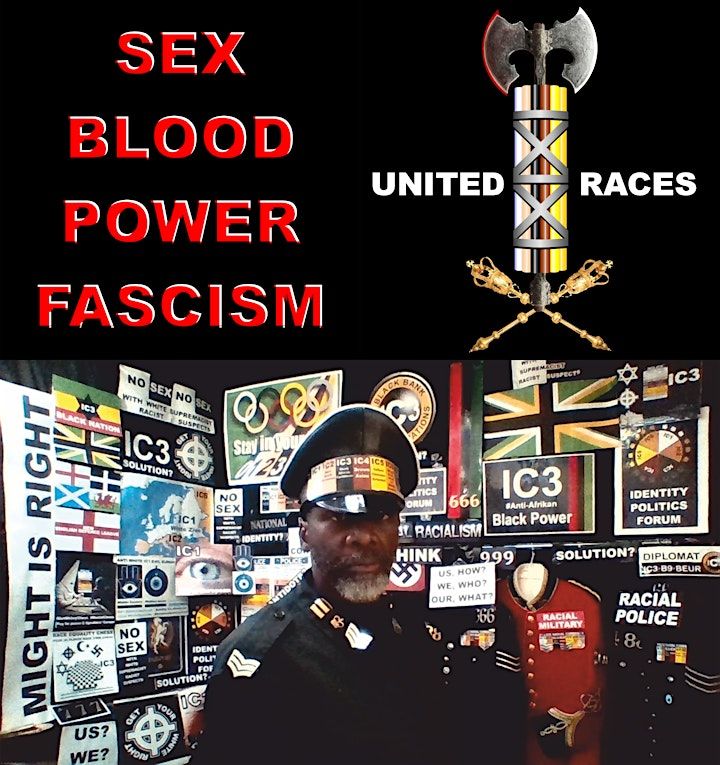
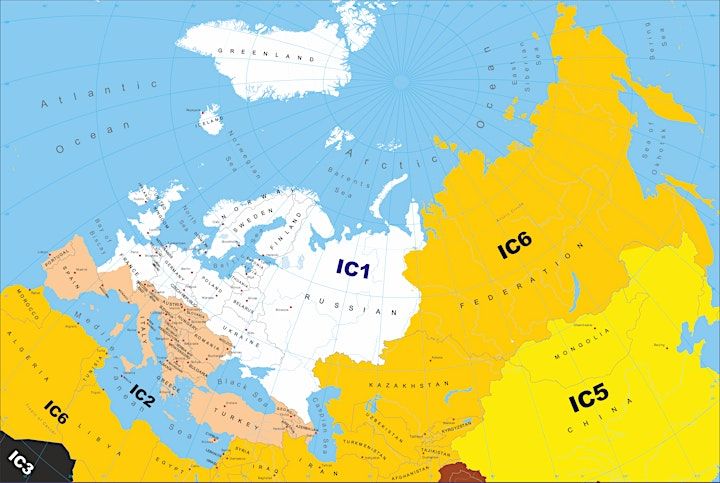
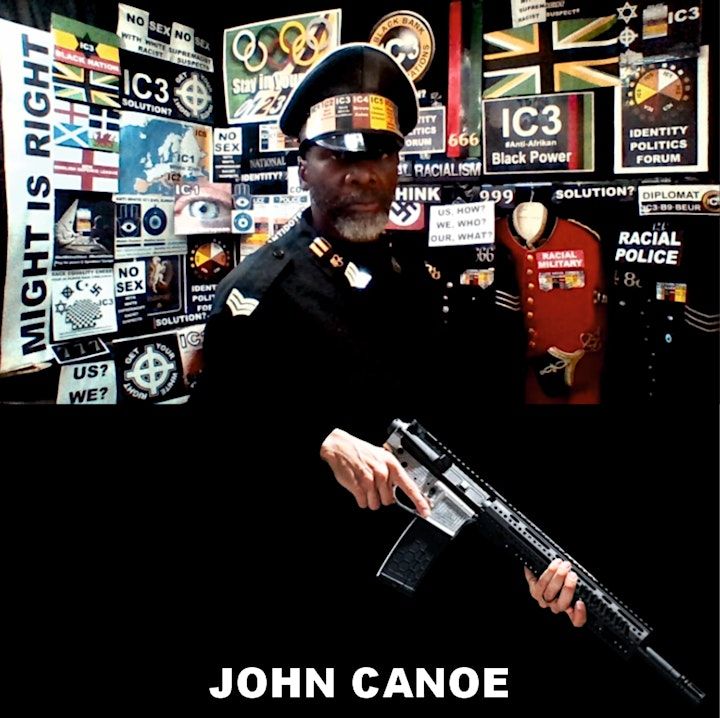
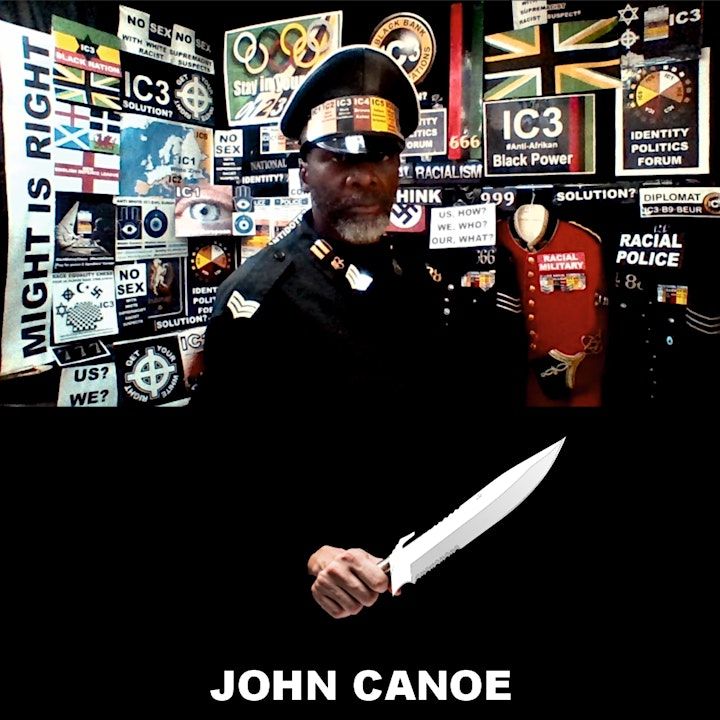
Where is it happening?
Speakers' Corner, Speakers' Corner, London, United KingdomGBP 0.00




